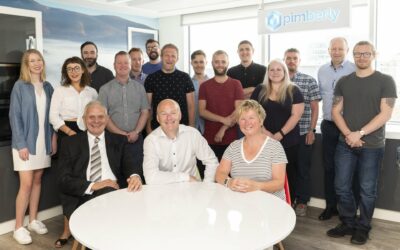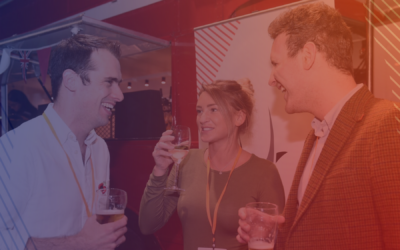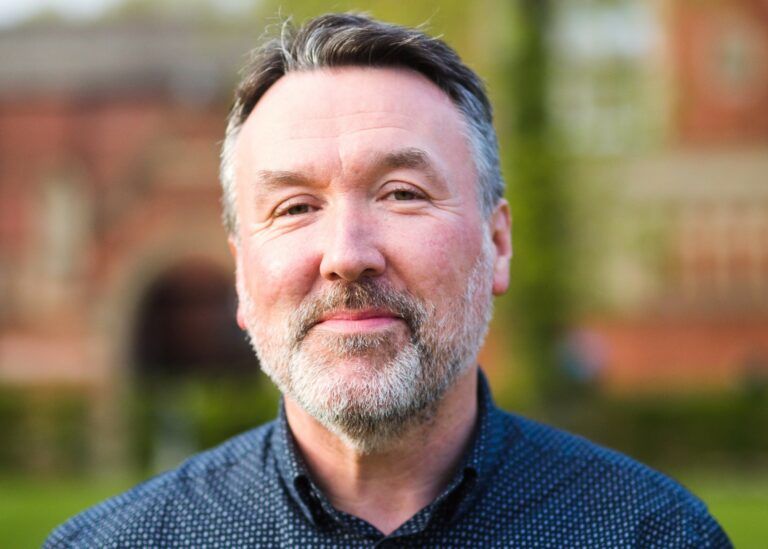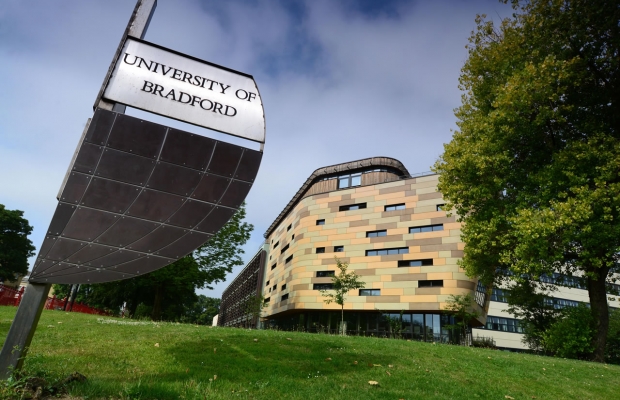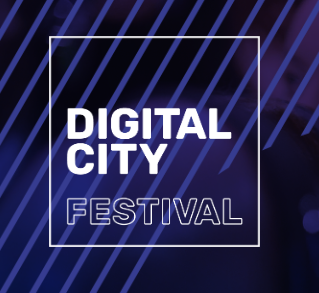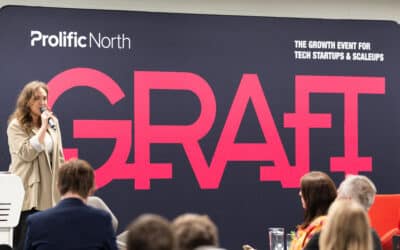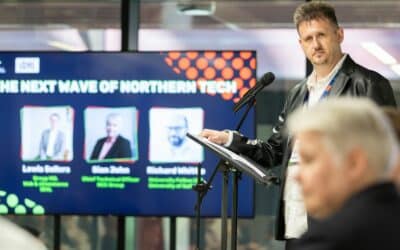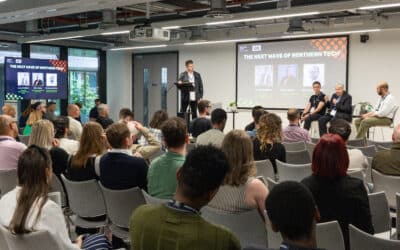Northern Cities are growing in confidence and what we need now is a concerted effort to collaborate effectively, says Stuart Clarke, Director of Leeds Digital. He talks about the beauty of community events, the need for improved connectivity, and why ‘Northern exiles’ living in London should consider moving back.
Stuart is on the steering panel for Manchester’s first ever Digital City Festival (9-13 March 2020). Find out more here.
Last time Stuart and I spoke, he was eagerly anticipating his fourth major Leeds Digital event. He’s been involved in the annual festival since it began and is a firm believer that professionals need to get out of the office to engage with others in their industry. The first Leeds Digital had six events. The 2019 festival had 240 events and over 25,000 attendees.
Of the growing digital presence in Leeds and more widely in the North, he proudly tells me, “There is a sheer excitement that people are feeling about what’s going on up here.” The 2019 Tech Nation report shows that there are 53,000 employed in digital tech in Yorkshire, with 88,000 in the North West in total, and a further 30,000 in the North East.
Stuart believes a behavioural shift has happened in the last decade. He says companies are growing in confidence, which has, in turn, encouraged collaboration and brought in more business for the North. “Five years ago, we wouldn’t see companies collaborating for work or to put on an event. Whereas now, that confidence within the individual cities enables them to do that without fear that someone’s going to steal staff or clients.”
An example he draws upon is the collective effort by Leeds agencies to make the city a favourable choice for the Channel 4 headquarters move – a resounding success. He says the driving force was a shared belief benefitting the city or region, something also shown by the agencies behind Leeds Search with their ambition of making Leeds the SEO capital of the UK.
What’s best for the region?
“When you’ve grown as a company, and as a city, it really does give you that ability to think about what’s good in the long term for the region. You grow less fearful that you’ll lose staff to competition and move more towards collaborating and being honest and open about things you’re not doing as well yourself.”
He strongly considers attending industry events an integral part of growing businesses. “In today’s climate, people are more aware that they’ve got to put the effort in to come together in a physical sense, through either attending things like Digital City Expo or putting on their own events. Go listen to the speakers or speak at an event. Someone sat in the audience of a talk could be your next supplier, your next employer, your next partner.”

